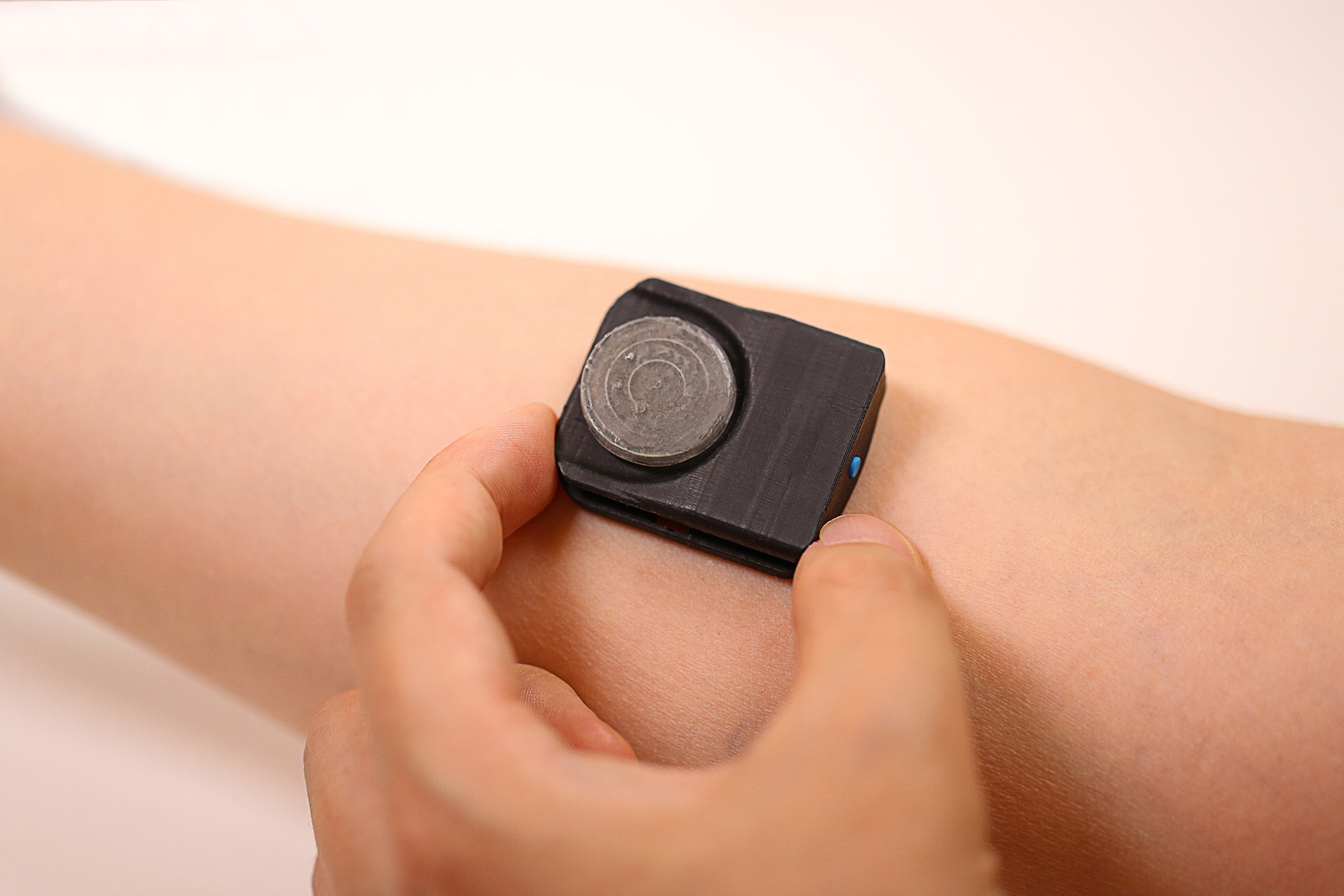Tag: Dermatology
-

Transitions in Dermatology Leadership: Dr. Amy S. Paller to Step Down as Chair
Amy S. Paller, MD, the chair and Walter J. Hamlin Professor of Dermatology, will be stepping down as chair after more than two decades of transformative and visionary leadership.
-

Tanning Beds Triple Melanoma Risk, Potentially Causing Broad DNA Damage
Tanning bed use is tied to almost a threefold increase in melanoma risk, and for the first time, scientists have shown how these devices cause melanoma-linked DNA damage across nearly the entire skin surface, according to a recent study.
-

Measuring the Severity of Debilitating Skin Disorders
A new clinical tool may improve how physicians assess the severity of a painful and often debilitating skin disorder, according to a study recently published in JAMA Dermatology.
-

Wearable Sleep Monitoring Device May Improve Detection of Sleep Disorders
Northwestern scientists have developed a wearable wireless device to monitor sleep, which may improve the detection of sleep disorders, detailed in recent study in the Proceedings of the National Academy of Sciences.
-

How Hair Follicles Sense Their Environment
Northwestern Medicine scientists have discovered how cells responsible for hair growth perceive physical forces in their environment and utilize this information to regulate their behavior, according to a study published in Science Advances.
-

Regenerating Eyedrops May Help Damaged Corneas Heal
Northwestern Medicine investigators have developed first-of-its-kind eyedrops that use synthetic nanoparticles to help the eye regenerate cells that have been damaged by mustard keratopathy, or exposure to mustard gas, and other inflammatory eye diseases, detailed in a recent study published in the journal NPJ Regenerative Medicine.
-

New Wearable Device is the First to Gauge Health by Sensing Gases Through Skin
Northwestern University scientists have developed the first wearable device for measuring gases emitted from and absorbed by the skin, according to a new study published in Nature.
-

Microbial Therapy Offers New Hope for Vitiligo Patients
A natural compound derived from gut-friendly bacteria can significantly slow the progression of vitiligo and may restore pigmentation, according to a new study.
-

Improving Atopic Dermatitis Treatment for Adolescents
Long-term treatment with the drug upadacitinib significantly improved symptoms and quality of life compared to placebo in adolescents with moderate to severe atopic dermatitis after 76 weeks with strong evidence of safety, according to a recent Northwestern Medicine analysis of three international, randomized clinical trials.
-

Diagnostic Guidelines Don’t Catch All Rare Cancers, Study Finds
Current diagnostic guidelines for a rare type of lymphoma miss a subset of patients with the disease, according to a Northwestern Medicine study published in the journal Blood.





